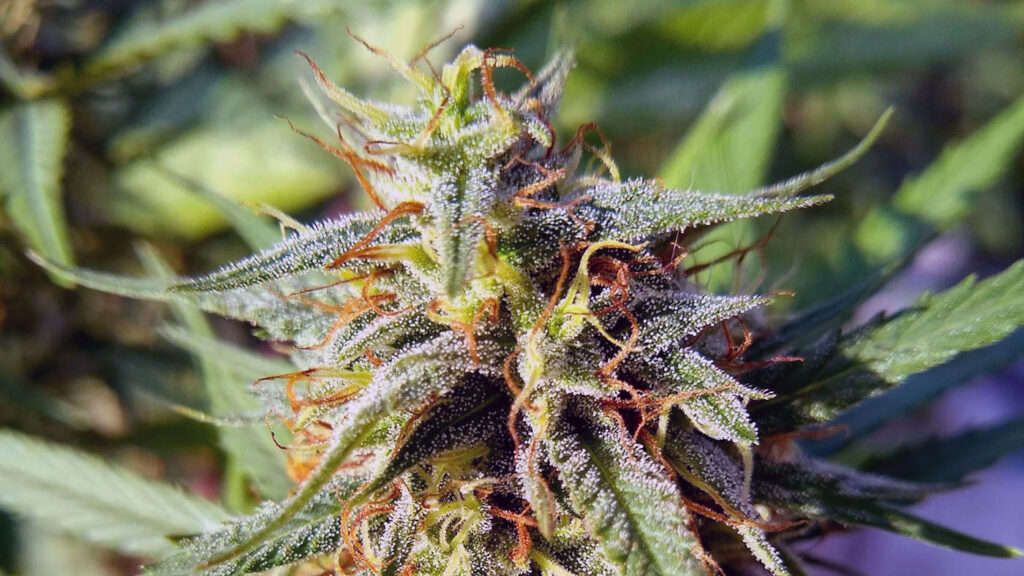Estimated reading time: 5 minutes
Table of contents

Introduction
Iowa’s medical cannabis program remains one of the most restrictive in the country, to the extent that some advocacy groups do not even recognize it as a legitimate cannabis market. With stringent limitations on product availability, patient access, and dispensary operations, the state’s program offers minimal relief compared to more robust medical cannabis frameworks elsewhere. However, with several reform bills in play this session, Iowa may see incremental changes in 2025.
Current Iowa Medical Cannabis Restrictions
Iowa’s medical cannabis laws are among the strictest in the nation. The program prohibits cannabis flower, only allows two licensed manufacturers, bans home cultivation, and limits patients to 4.5 grams of THC every 90 days unless they obtain a waiver from a certified provider. Additionally, access is restricted to just five authorized dispensaries, making it one of the most controlled medical programs in the U.S.
Legislative Landscape and Proposed Reforms
While Iowa House Democrats have included adult-use cannabis legalization among their top four legislative priorities for this session, expansion of the medical program appears to have a better chance in the state’s Republican-controlled General Assembly. With the GOP holding supermajorities in both chambers (67% in each), lawmakers are prioritizing incremental reforms rather than full legalization.
Several key bills are currently under consideration:
- House File 105, sponsored by Rep. Hans Wilz, R-Ottumwa, would allow patients to access dried flower, but only for vaporization—similar to Ohio’s medical cannabis program before adult-use legalization passed in 2023. This bill advanced out of subcommittee on Jan. 27.
- Senate File 46, sponsored by Sen. Scott Webster, R-Bettendorf, aims to double the number of dispensaries in the state from five to ten. The Senate Commerce Committee passed this legislation on Feb. 20.
These proposals reflect cautious steps toward improving patient access while avoiding a broader shift toward adult-use legalization.
Governor’s Stance and Public Opinion
Despite increasing public support for cannabis reform, Republican Gov. Kim Reynolds remains a strong opponent of legalization. In 2022, she stated, “I believe marijuana is a gateway drug that leads to other illegal drug use and has a negative effect on our society.” Her administration’s stance significantly reduces the likelihood of any adult-use cannabis legalization efforts gaining traction in the near future.
Nonetheless, public opinion is shifting. According to a 2022 University of Iowa Hawkeye Poll:
- 71% of Iowans support medical cannabis legalization
- 52.5% support adult-use cannabis legalization
Despite these numbers, Iowa remains one of 24 states that do not allow citizen-initiated ballot measures, making legislative approval the only pathway for reform.
Conclusion
Iowa’s cannabis reform efforts are advancing at a slow but steady pace, with incremental changes likely in 2025. While full adult-use legalization faces strong opposition, medical cannabis expansion efforts—including increased dispensary access and potential flower availability—signal a willingness to modify the state’s restrictive framework. With overwhelming public support for medical cannabis, the coming legislative sessions will determine whether Iowa finally embraces broader reform or continues its historically cautious approach.
Iowa Cannabis Legalization 2025 FAQs
Weed is not legal in Iowa and the state has one of the most severe penalties for first-offenses in the country. A first-offense possession of even just one marijuana joint can be punishable by up to six months in jail and a thousand-dollar fine.
In Iowa, patients with a qualifying diagnosis can obtain a card to purchase legal medical cannabis products containing the two active ingredients, cannabidiol (CBD) and tetrahydrocannabinol (THC), to treat qualifying medical conditions.
Iowa’s medical cannabidiol program authorizes the manufacture and sale of products that contain both CBD and THC. In other words, it is a program that allows for the legal manufacture and sale of medical cannabis products.
Oral forms – tablets, capsules, liquids, tinctures and sublingual forms
Topical forms – gels, ointments, creams, lotions and transdermal patches
Nebulizable – inhaled forms
Suppositories – rectal and vaginal
Vaporization
For information on becoming a medical cannabis patient in Iowa, please visit Patient and Caregiver Info
Additional Resources
Free eBooks For Cannabis Business Success
Latest Articles
- Cannabis 280E Compliance and COGS Optimization Expert StrategiesThe cannabis industry operates under a unique federal tax burden imposed by Internal Revenue Code (IRC) §280E. While state legalization has flourished, this provision, which denies deductions for ordinary business expenses of trades dealing in controlled substances, remains the single greatest threat to cannabis profitability.
- Owner’s Rep for Cannabis Dispensary Buildout: Expert Compliance & Project ManagementNavigating the highly-regulated world of a cannabis dispensary buildout requires specialized expertise beyond standard construction. The complexity of securing a final operating license, controlling costs, and preventing opening delays for a cannabis dispensary hinges on professional guidance. This is why securing an experienced Owner’s Rep for Cannabis Dispensary Buildout is a critical first step.
- The Indispensable Owner’s Rep for Cannabis Cultivation Facility Buildout: Expert Project Management to Prevent Cost OverrunsIn this high-stakes arena, the Owner’s Rep for Cannabis Cultivation Facility buildout is the crucial strategic partner. They are the expert professional who ensures the owner’s vision is translated into a successful, operational, and profitable reality.
- Cannabis Dispensary Compliance: Training, Inventory & ProfitabilityIn today’s regulated cannabis market, cannabis dispensary compliance is not optional—it is the foundation of a sustainable and profitable retail business. Every dispensary, from boutique shops to multi-state operators, must follow strict dispensary regulatory compliance standards, maintain accurate cannabis inventory management systems, and invest in ongoing cannabis dispensary training programs.
- Beyond Compliance: Implementing a Cannabis Dispensary Secret Shopper ProgramAs a cannabis retail owner, you operate in a high-stakes environment where federal prohibition meets state-regulated commerce. Your retail floor is not just a sales hub—it’s a constant target for mandatory inspection and the front line for brand differentiation. The most critical tool for navigating this complex reality is the professional, recurring Cannabis Secret Shopper program.
- Architects of the Cannabis Industry: What Defines An Expert Canna Consultant?An expert Canna Consultant is the strategic architect and operational engineer of a cannabis venture. They are specialized cannabis industry consultants who translate ambiguous legislation into profitable business processes.











